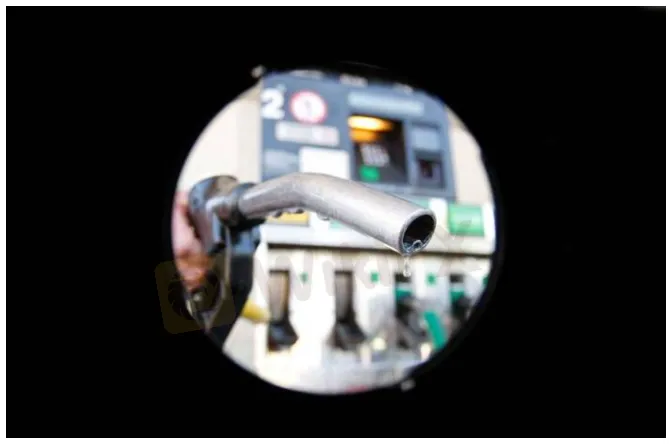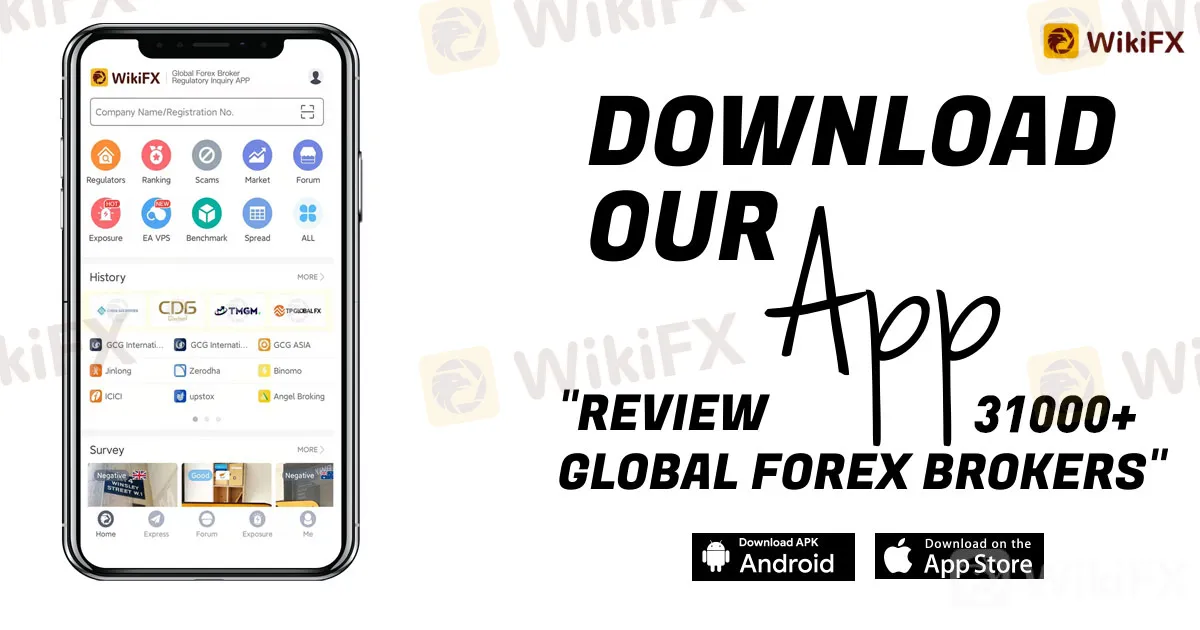简体中文
繁體中文
English
Pусский
日本語
ภาษาไทย
Tiếng Việt
Bahasa Indonesia
Español
हिन्दी
Filippiiniläinen
Français
Deutsch
Português
Türkçe
한국어
العربية
Norway central bank to buy currency for wealth fund for first time since 2013
Abstract:Norway‘s central bank said on Thursday it would buy foreign currency for its sovereign wealth fund in April, the first time it has done so in almost nine years, amid a surge in the country’s oil and gas revenues, weakening the crown currency.

Norges Bank plans to exchange 2 billion crowns ($231.9 million) per day into foreign currency, which will in turn be invested abroad by the wealth fund, already the worlds largest with assets of $1.3 trillion.
A spike in the price of petroleum, Norways main export, has led to a big inflow of tax revenue that exceeded government spending.
Economists have said a switch to buying foreign exchange, and thus selling crowns, may weaken the currency. Norges Bank says its transactions are done for fiscal reasons on behalf of the state, and are not to be regarded as market intervention.
The crown weakened to 9.70 against the euro at 0819 GMT from 9.61 ahead of the announcement.
“EURNOK moves higher and short-end rates move lower as structural liquidity is set to improve substantially at that pace,” Danske Bank economist Kristoffer Lomholt tweeted, referring to the euro/crown exchange rates.
Norges Bank last sold crowns in the third quarter of 2013, but was forced the following year to start buying instead, exchanging foreign currency earned from petroleum and the wealth fund into crowns to fund Norways growing fiscal spending.
The central bank has since continued to buy crowns on a daily basis, except for some months when it neither bought nor sold any currency.
“On behalf of the Ministry of Finance, Norges Bank carries out the necessary foreign exchange transactions related to petroleum revenue spending over the central government budget and saving in the (wealth fund),” the central bank said.
Norway is western Europes largest oil and gas producer with daily output of some 4 million barrels of oil equivalent.

Disclaimer:
The views in this article only represent the author's personal views, and do not constitute investment advice on this platform. This platform does not guarantee the accuracy, completeness and timeliness of the information in the article, and will not be liable for any loss caused by the use of or reliance on the information in the article.
Read more

Never Heard of Dynasty Trade? Here's Why You Should Be Worried
Have you heard this name before? No , it’s time you do because staying unaware could cost you. This platform is currently active in the forex trading and has been linked to several suspicious activities. Even if you’ve never dealt with it directly, there’s a chance it could reach out to you through ads, calls, messages, or social media. That’s why it’s important to know the red flags in advance.

Want to Deposit in the EVM Prime Platform? Stop Before You Lose It ALL
Contemplating forex investments in the EVM Prime platform? Think again! We empathize with those who have been bearing losses after losses with EVM Prime. We don't want you to be its next victim. Read this story that has investor complaints about EVM Prime.

WEEKLY SCAM BROKERS LIST IS OUT! Check it now
If you missed this week's fraud brokers list and are finding it difficult to track them one by one — don’t worry! We’ve brought together all the scam brokers you need to avoid, all in one place. Check this list now to stay alert and protect yourself from fraudulent brokers.

Catch the Latest Update on BotBro & Lavish Chaudhary
BotBro, an AI-based trading platform, became popular in India in 2024—but for negative reasons. Its founder, Lavish Chaudhary, who gained a huge following by promoting it heavily on social media. Since then, he has become well-known, but for many controversies. Let’s know the latest update about Botbro & Lavish Chaudhary.
WikiFX Broker
Latest News
WEEKLY SCAM BROKERS LIST IS OUT! Check it now
Apex Trader Funding is an Unregulated Firm | You Must Know the Risks
What WikiFX Found When It Looked Into Aron Markets
Textiles to whisky: U.K.–India 'historic' deal is set to boost bilateral trade by over $34 billion a year
Thailand-Cambodia border clashes: Cambodia's economy has more to lose, analysts say
Puma shares plunge 18% after full-year sales, profit outlook cut on U.S. tariffs
Is Your Forex Strategy Failing? Here’s When to Change
FSMA Warns That Some Firms Operate as Pyramid Schemes
Federal Reserve likely to hold interest rates steady despite pressure from Trump. Here's what that means for your money
Sigma-One Capital Scam? Investors Say They Can’t Withdraw Funds
Currency Calculator


